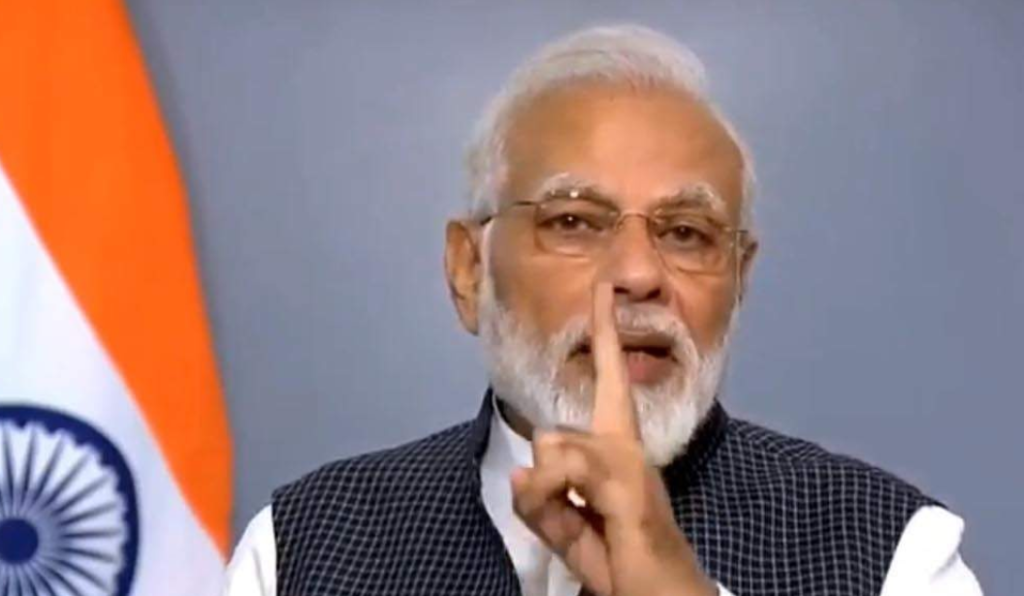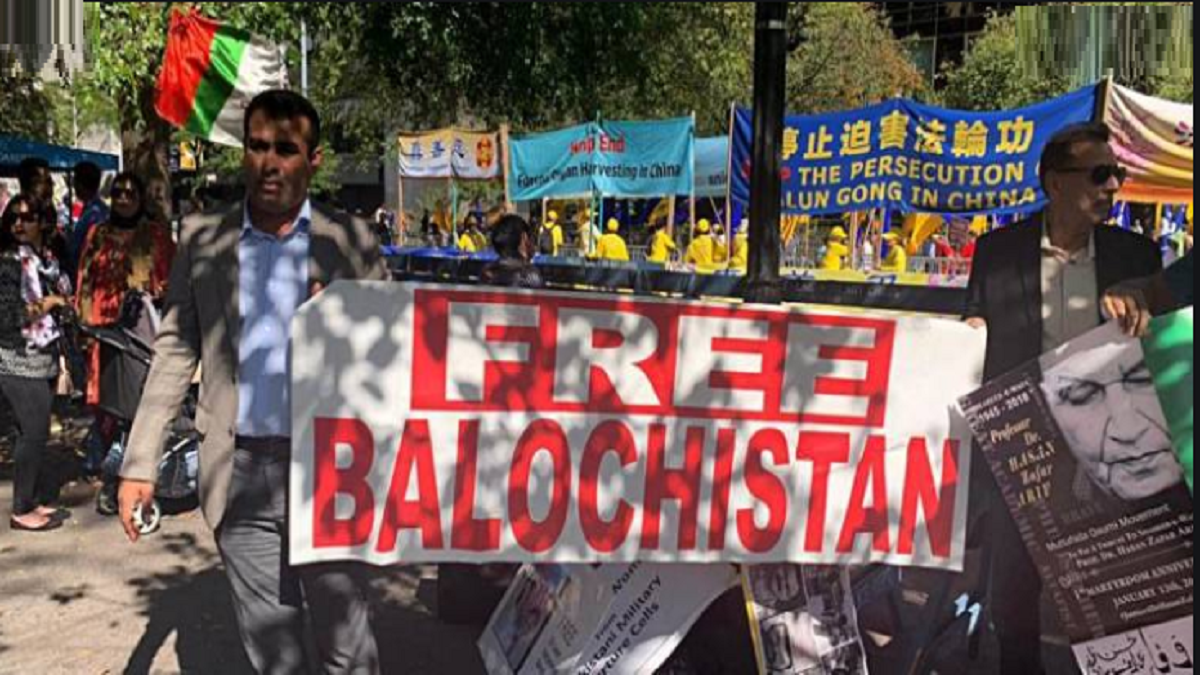Over the past several decades human rights have become a major issue and are often discussed across global forums. The cries for help from almost all regions have been heard by the international community. However, there is one region, Balochistan, that has been off the radar of the international community as they refuse to take note of the atrocities being committed in the region by the Pakistani armed forces. Historically, Balochistan was never a part of Pakistan. The province, which had been forcefully merged into the Pakistani nation in 1948, has been bearing the brunt of occupation forces as the indigenous population is suppressed and faced a bleak future.
Since the day the military of Pakistan invaded Kalat on March 27, 1948 the woes and struggles of Baloch people have continued. Till date, the Baloch people have been facing oppression at the hands of the Punjabi dominated Pakistan Army. Disappearances and extrajudicial killings of Baloch freedom fighters, political activists, human right workers and students have become a common place. The situation is so fragile that Pakistani army has also targeted noncombatant children of Balochistan. Human rights activists have repeatedly alleged that Pakistan’s security forces are abducting children, inflicting physical and sexual violence on them and pushing them into war with zero accountability for violating rights of thousands of Baloch children every year. Decades of persecution have inflicted mental and emotional trauma on women and children of the region. In October 2019 a fact finding mission of the Human Rights Commission of Pakistan had also indicted the local police for refusing to lodge an FIR in case of abduction of a 10-12-year-old child from Turbat in Balochistan.

In 2019, the human rights commission also found that the Balochistan university in Quetta had been taken over by the Frontier Corps. It was found that the university‘s sports complex was turned into an interrogation cell by the security forces. It is no coincidence that over the years several students and teachers have gone missing from the campus. Despite the relentless and repeated abuse of human rights over several decades the Balochistan issue has not raised the amount of discussion that it should have on the world scale. This neglect of the area on the world scale, despite frequent disappearances, human rights violations or child rights abuses, can be blamed on the clever use of the region by the Pakistani establishment. The Pakistan army had utilized Balochistan as a bargaining chip earlier with the United States and now with China. Balochistan‘s deep water port of Gwadar has virtually been handed over to China which is developing it as a strategic and military asset.
Over the past several decades only one world leader, Indian Prime Minister Narendra Modi, has tried to gather the world’s attention towards the Balochistan issue. During his first term, Modi had thanked the people of Balochistan in his Independence Day speech. Though this had raised quite a few eyebrows, the reference provided a new fillip to the freedom struggle of the indigenous people.
In fact, it prompted several Balochistan independence groups to renew their demand for freedom. It is time that the international community takes a serious look at the atrocities and human rights violations being carried out by the occupation forces of Pakistan. Balochistan needs the support of international community to free the enslaved population of the province and help restore a democratically elected government that provides for equal rights to its citizens.
Vivek Bansal is a former media consultant to the Minister, Ministry of Environment, Forest and Climate Change, Government of India. Currently working as a poll strategist and digital media professional, he is doing research on various issues of national interest including defence, economy, climate change, infrastructure, etc.

